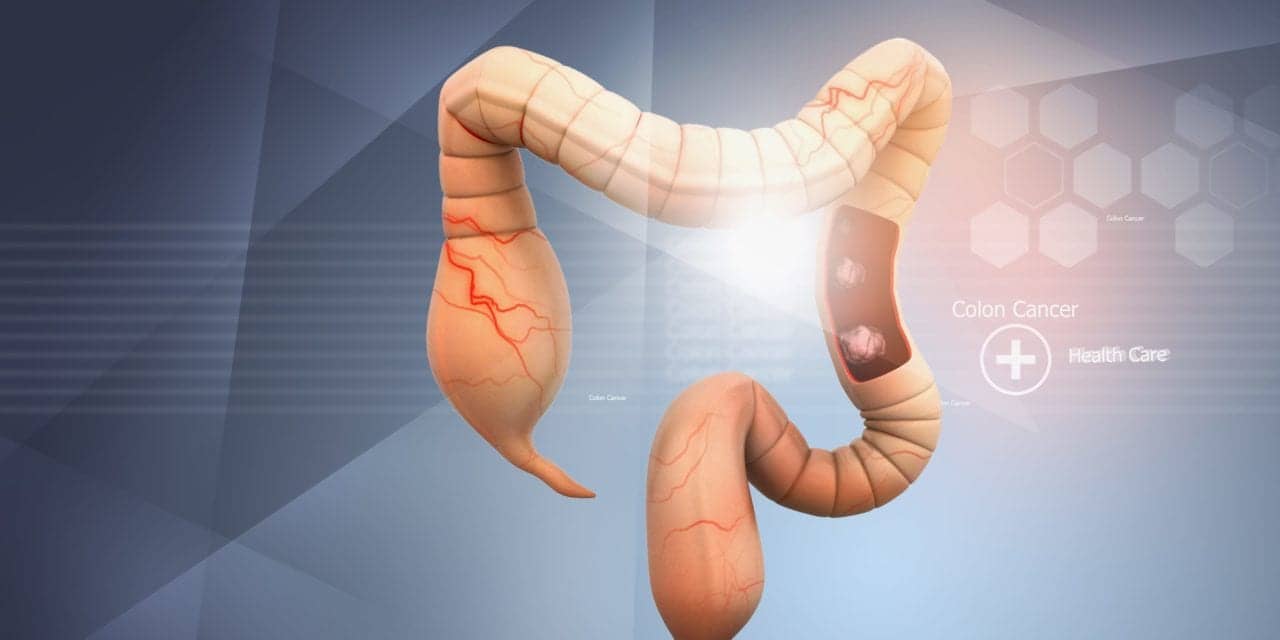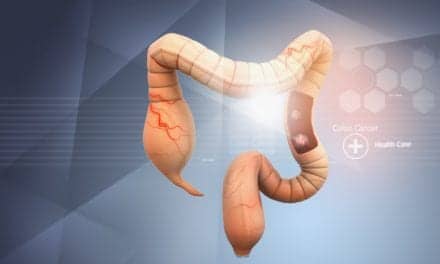Universal Diagnostics (UDX), a Cambridge, Mass.-based bioinformatics and multi-omics company on a mission to transform cancer into a curable disease, announced the results of an international multicenter observational cohort study: Colorectal cancer detection at 92% sensitivity and 97% specificity was achieved using single targeted sequencing analysis of multi-omics markers, advanced computational biology, and machine learning algorithms. The company’s approach also demonstrates high levels of accurate detection of early-stage (I, II) colorectal cancer at 89% sensitivity and 97% specificity.
Universal DX is specially focused on identifying cancer in its earliest stages, so that the disease can be cured, and even in its pre-cancerous stage, when cancer can be prevented. The company leverages proprietary, state-of-the-art computational biology tools combined with targeted next generation sequencing (NGS) assay platform for highly sensitive cancer signal scoring of cell-free DNA regions linked to cancer of interest. The company is developing “Signal-X,” a platform to detect multiple types of cancer; its first product, “Signal-C,” detects early-stage colorectal cancer and adenomatous polyps.
“We have built a test that can ‘read’ cancer’s tissue-specific signal in blood on a fragment level,” says Christian Hense, managing director at Universal DX. “We know that if we can detect cancer early, or identify pre-cancer stage patients before they develop cancer, the survival rates increase exponentially. In order to do that, we need to develop new screening methods that are simple, non-invasive, accurate, and more accessible and affordable than what’s available today. At Universal DX, we are driven by the belief that cancer can be a curable disease, and continue to work tirelessly to develop blood-based tools that can make that a reality.”
Multi-omics + Computational Biology + Machine Learning (ML)
Unlike other liquid biopsy-based screening approaches in the market today, Universal DX uses a targeted sequencing approach, which allows the company to look for the specific biomarkers established to have a biological link to cancer development and progression in tissue. Universal DX has previously identified those biomarkers by combining tissue, buffy coat, and plasma whole-genome bisulfite sequencing (WGBS) analysis with a proprietary marker-filtering approach and a pattern-based cancer signal threshold calculation.
Given this direct tissue-confirmed link to cancer, Universal DX is able to zero in on the most relevant marker regions when they analyze a blood sample, decreasing the complexity of the data, which in return increases biological signal-to-noise ratio and assures robustness, which is necessary for blood-based analyses. This combined approach—multi-omics + computational biology + machine learning—has led to early study results, which were presented at ASCO, showing effective and highly accurate performance for detecting early-stage colorectal cancer.
“Colorectal is the third most commonly diagnosed cancer globally, and the people at risk are getting younger,” says Michael H. A. Roehrl, MD, PhD, attending pathologist at Memorial Sloan Kettering Cancer Center and member of the Scientific Advisory Board of UDX. “Today, we see patients with later-stage and harder-to-treat disease because they don’t get regular screenings. We need to come up with a better, more accessible approach if we want to alter the course of cancer to something we can prevent and cure.”





